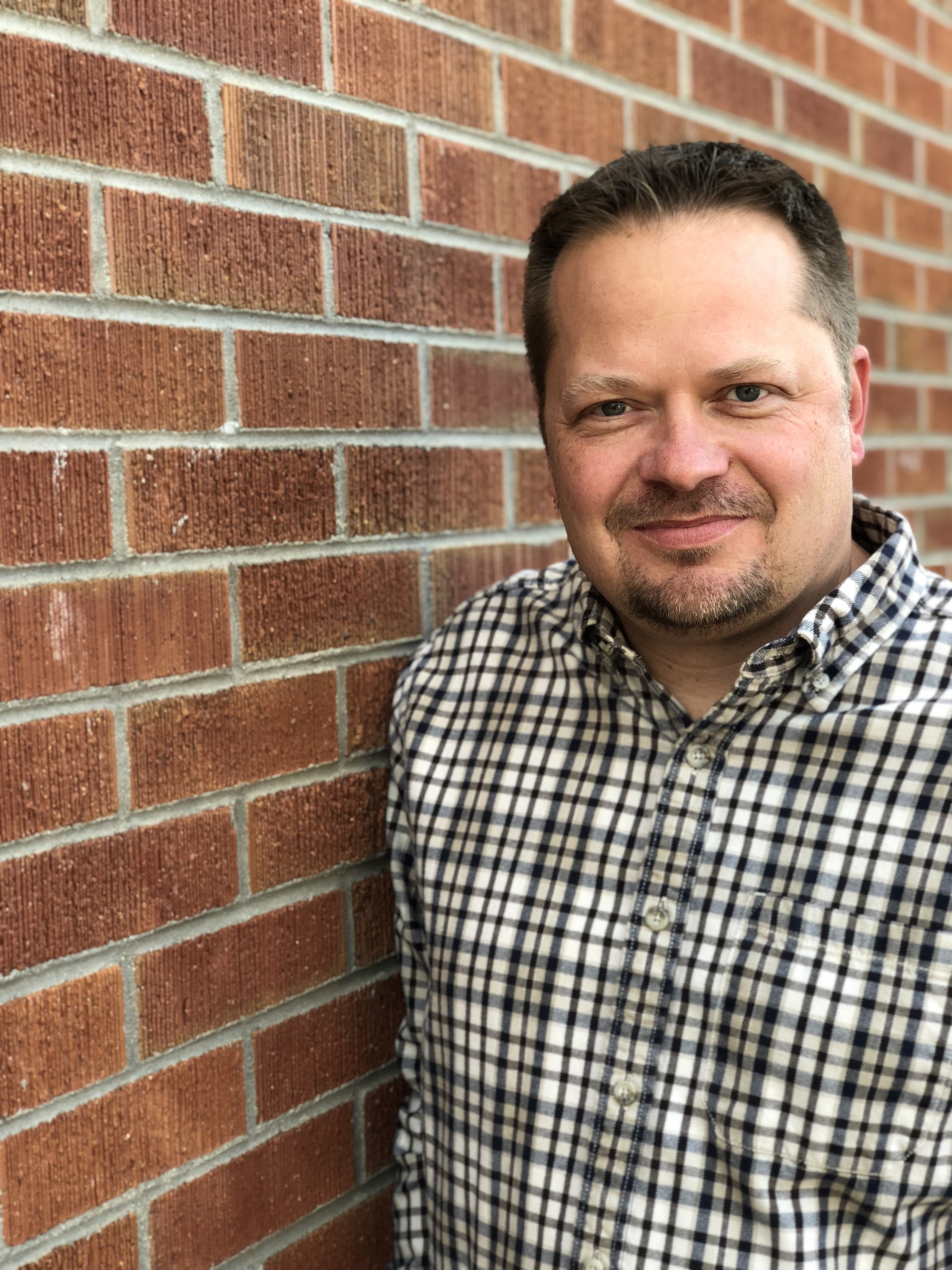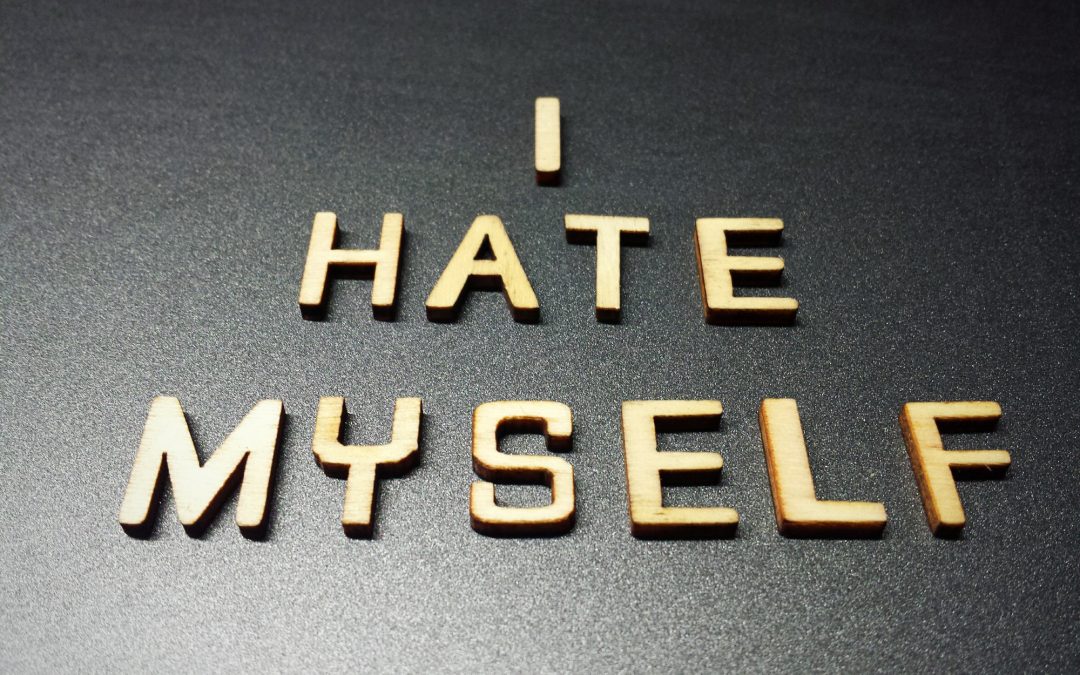Recently, I felt convicted (again) about how I view others and myself. This time, it caught me by surprise. I was going about my day responding to people as if they are there for my enjoyment, especially people I don’t know. Am I attracted or not? Are they hot or not? Can I get something from them or not? What a distorted lens to look at the world and other people through! As if another person’s value has anything to do with my level of attraction to them. What a shallow, superficial way to live.
What is the driving force behind this?
Ultimately, this selfish lust for something or someone to meet my needs says a lot about how I view myself. Noticing and appreciating a nice body is not bad in and of itself. Wanting to somehow use someone else’s body to make myself feel better is not good or healthy, the very definition of lust. Sometimes, this is an exercise in making me feel worse about myself. I am drawn towards people who have bodies I wish I had but am unwilling and/or unable to work hard towards.
Fortunately, this is an area that is improving for me. And I hope that continues!
Where does my poor body-image come from?
Our body-image and self-image are shaped by many things. Some of the obvious ones we hear about frequently appear in the media. The actors and actresses we see in movies look a certain way. While there are different body types and looks present in film, they are usually the secondary characters in a story about beautiful people. Advertising uses the same tactics… beautiful people to sell us products. Taken individually, these experiences with seeing airbrushed, often surgically enhanced people are no big deal. But, when you consider the volume of images we take in every day, they are what seem normal, while we feel abnormal if we don’t measure up.
For a lot of people, myself included, pornography has played a major factor in the development of body-image. The more one spends time consuming pornographic imagery, the more this begins to affect how we view ourselves and those around us. While similar to the media imagery I discussed above, typically pornography carries with it an intense, sexually driven aspect that ends in orgasm. Not only are we consuming, we are bonding ourselves to the imagery with our sexuality. If the standard of what is attractive is based upon those performing in porn, how can we ever feel good about ourselves?
We take these images and turn them into expectations, both on ourselves and onto others.
A more complicated way our body-image develops is through how others respond to us. I can vividly remember some of the teasing I received as a child about being too skinny or not manly enough. When enough people seem to either reject OR accept you primarily based upon how you look, the belief that your value comes from your body flourishes. When you throw abuse into the equation, this gets even more complicated. If I believe that being desirable is the only way to receive attention and love, I may do everything in my power to become more attractive OR I may do the opposite to avoid attention. No one is given the opportunity to get to know me when I am driven by how I look on the outside.
How can I improve my body-image?
One way to help with this problem is to take care about what imagery you take in. Short of becoming a hermit without access to any type of media, it is impossible to eliminate it entirely. But, we do have control over some aspects. If pornography is an area of influence, work to eliminate that from your life. When you are watching a movie and become aware of the “beautiful” people present, talk to God about how that makes you feel. Try to bring a sense of reality into the situation. There is a whole team of people making sure the actors look perfect I every scene. They don’t really look like that in real life!
For many, that feeling of “I’ll never measure up” leads to a sense of apathy about taking care of the body you have. Some choices that allow you to feel better about yourself are within your control. If the motivation is to look like a model, that is sure to fail. But, if your goal is to feel better and be healthier and connected to you own body, this stands a much better chance of bringing about success.
We can also seek out relationships that are affirming to not just our bodies, but our whole self. When someone compliments you in an affirming, not objectifying way, take a moment to savor that. This is not easy. My wife will say things like, “I love your body,” to me at times. I have to intentionally choose to receive that affirmation, rather than deflecting it away because I don’t look the way I think I should. My body isn’t the only thing she loves about me, and that is apparent in our day to day lives. You can also work to develop a friend group that is encouraging to your goals or having a positive body image.
Finally, we can cultivate a heart of gratitude. When we take time to thank God for the gifts He has given us, including our bodies, our perspective begins to shift. We can give and receive more freely, and experience the world in a more content way. The world is a much better place when we are aware of the good that is present in our lives, rather than feeling sorry about all that we do not have. Living a life of gratitude is so much better than living in shame a self-hatred.

Roger Jones
Executive Director
Make a Difference in Someone's Life
If you enjoy reading WGA’s blogs and would like to show your support, please consider making a donation. Where Grace Abounds is a 501(c)3 non-profit organization. The majority of services, including support groups and discipleship counseling, are provided free of charge. Your financial gifts help to cover the costs associated with offering a free program to those who seek WGA’s services.

